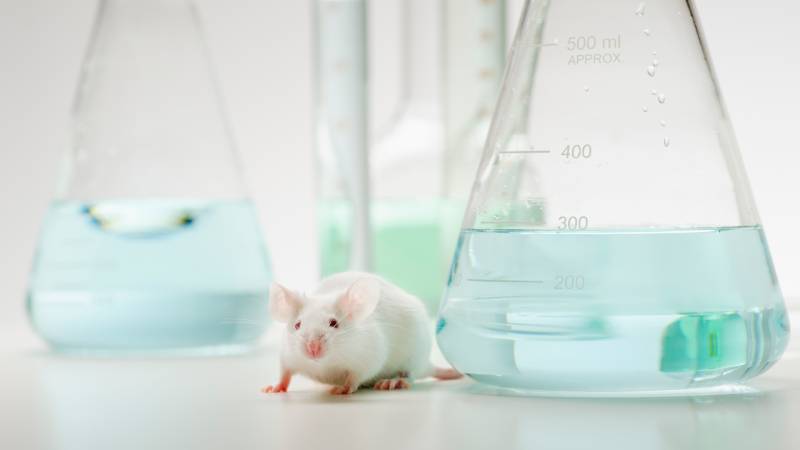Some Scientists Prefer Animal Studies—And It’s a Barrier for Those Aiming to Use More Effective, Nonanimal Approaches

The Coalition to Illuminate and Address Animal Methods Bias (COLAAB), co-founded and led by the Physicians Committee, recently published a report describing a 2024 workshop that explored the preference of some researchers for animal studies and how this preference impacts funding decisions.
This phenomenon, called Animal Methods Bias, is characterized by a preference for animal-based research methods or a lack of expertise to adequately evaluate nonanimal methods. It can affect the quality and fairness of nonanimal research assessments, including peer reviews of manuscripts and grant applications. The COLAAB is an international collaboration of scientists and advocates aiming to address this issue by building evidence of its characteristics and consequences and developing and implementing solutions for overcoming it.
In May 2024, the COLAAB set out to explore how animal methods bias affects the review of grant proposals and subsequent funding rates for researchers who use nonanimal methods, as well as to identify possible solutions for medical researchers and funders to mitigate these effects. The COLAAB’s most recent publication, led by the Physicians Committee’s Dr. Catharine E. Krebs, discusses proceedings from this workshop, synthesizing anecdotal accounts from researchers who use nonanimal methods. Panelists and attendees described an insistence of grant application reviewers on using animals to validate nonanimal findings and a hesitancy to embrace animal-free technology.
Workshop participants identified several strategies to help medical researchers avoid and address animal methods bias when submitting applications for funding. The COLAAB recommends they provide robust justifications for their proposed methods' suitability for their study, check review group expertise, and volunteer for reviewer positions. Funders of medical research, like the National Institutes of Health, also play a crucial role in ensuring that nonanimal approaches are fairly evaluated, especially as these approaches are increasingly prioritized, deployed, and used. The COLAAB recommends that funders promote the value of nonanimal methods among the scientific community, implement bias mitigation training, ensure review groups have proper expertise to adequately evaluate proposals using NAMs, and invest in initiatives and infrastructure to encourage and support the use of NAMs.
The Physicians Committee and the COLAAB continue to engage with researchers and funders, to implement the bias mitigation recommendations that emerged from this workshop. They also liaise with publishing stakeholders, such as scientific journal editors, to improve the fairness of the review of nonanimal studies for publication. These efforts are just small parts of the COLAAB’s work to break down barriers standing in the way of more effective nonanimal medical research that will better translate to clinical benefit for patients.







